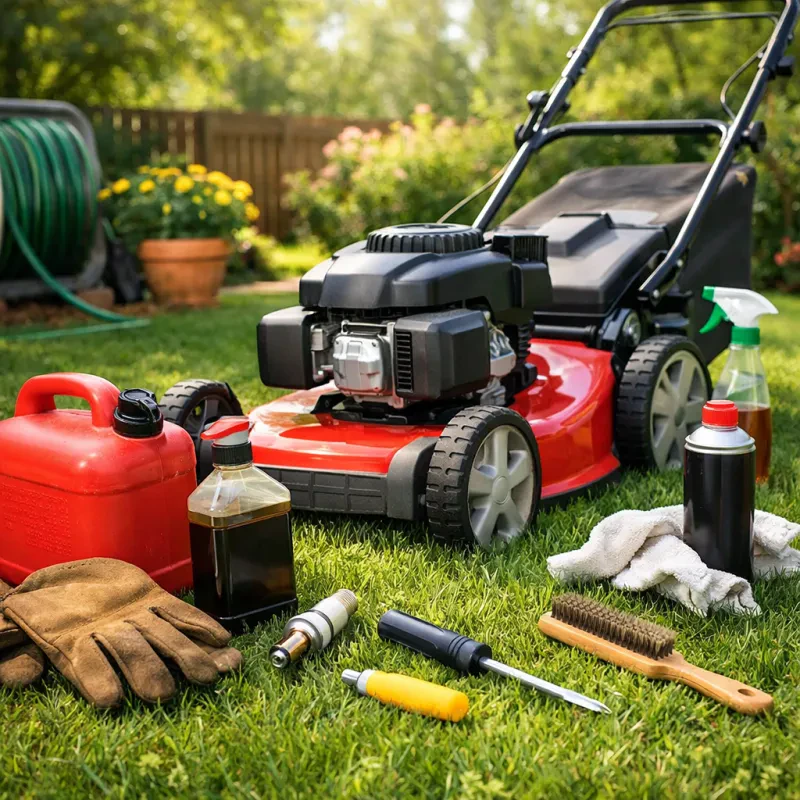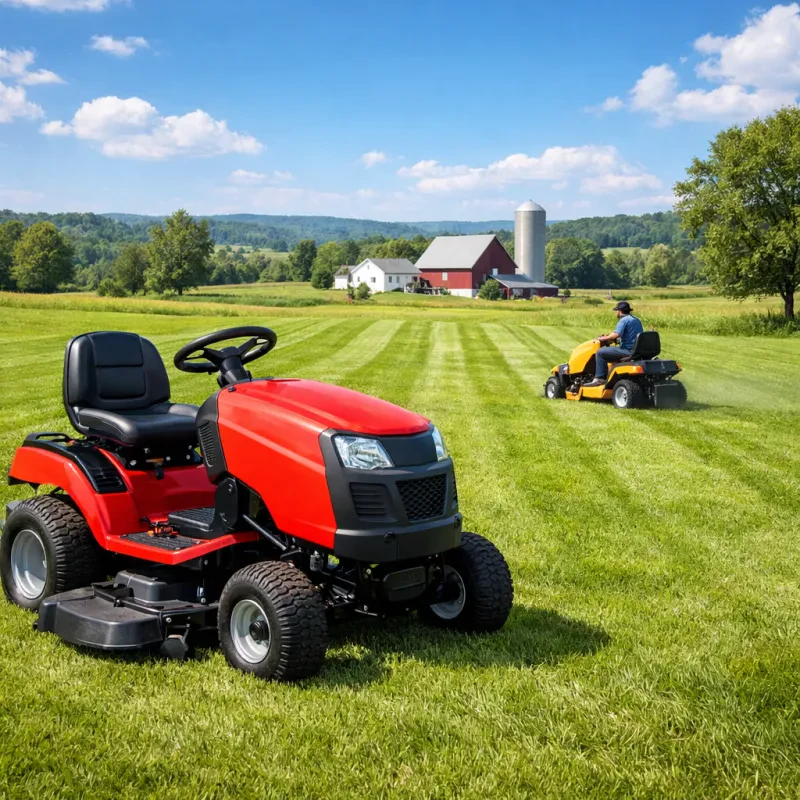Having a beautiful and healthy lawn begins with choosing the right grass for your yard. With so many options available, it can be overwhelming to know which type of grass is the best fit for your specific needs. To help you make the best decision for your lawn, here are some tips to guide you in choosing the right grass for your yard.
Consider the climate in your area when choosing grass for your yard. Different types of grass thrive in different climates, so it's important to choose a grass that is well-suited to the conditions in your region. For example, if you live in a hot and dry climate, warm-season grasses like Bermuda grass or Zoysia grass may be a better choice. On the other hand, if you live in a cooler climate, cool-season grasses like Kentucky bluegrass or fescue may be more suitable.
Think about the amount of foot traffic your lawn receives when choosing grass for your yard. If you have a lot of activity in your yard, such as children playing or pets running around, you'll want to choose a grass that is durable and can withstand heavy use. Grasses like Bermuda grass or Zoysia grass are known for their ability to withstand high traffic, making them a great choice for active yards. On the other hand, if your yard doesn't see as much foot traffic, you may opt for a more delicate grass like Kentucky bluegrass or fescue.
Water Your Lawn Wisely
Want to grow the best lawn on the block? Watering your lawn wisely is key to achieving a lush and healthy yard. Here are some simple tips to help you get started.
First things first, water your lawn in the early morning or late evening to avoid evaporation. This will ensure that the water has time to penetrate the soil and reach the roots of your grass, rather than just sitting on the surface.
Another important tip is to water deeply and infrequently. Instead of giving your lawn a little sprinkle every day, water it thoroughly a couple of times a week. This will encourage the roots to grow deeper and make your grass more resilient to drought.
Lastly, pay attention to the weather. If it has rained recently, you may not need to water your lawn as much. On the other hand, during hot and dry periods, you may need to increase your watering frequency. By adjusting your watering schedule based on the weather, you can ensure that your lawn gets the right amount of hydration.
Mow Regularly for a Healthy Lawn
One of the simplest yet most important tips for maintaining a healthy lawn is to mow regularly. Regular mowing not only helps keep your lawn looking neat and tidy, but it also promotes healthy grass growth. By keeping your grass at a consistent height, you can encourage the development of a strong root system, which is essential for a lush and vibrant lawn.
When it comes to mowing, the key is to avoid cutting your grass too short. Cutting your grass too low can stress out your lawn and make it more susceptible to weeds, pests, and diseases. Instead, aim to mow your lawn at the highest recommended setting for your grass type. This will help shade the soil, retain moisture, and promote healthy growth.
It's also important to mow with sharp blades to ensure a clean cut and prevent damage to your grass. Dull blades can tear and bruise the grass, leaving it vulnerable to disease. Be sure to sharpen your mower blades regularly or replace them as needed to maintain a healthy lawn. By following these simple mowing tips, you can grow your best lawn ever and enjoy a beautiful and thriving outdoor space.
Protect Your Lawn from Weeds and Pests
Regularly mowing your lawn at the proper height can help prevent weeds from taking hold. Keeping your grass at the recommended height for your specific grass type will promote healthy growth and shade out weeds. In addition, using a sharp mower blade will prevent damage to the grass and make it more resilient to pests.
Another key step in protecting your lawn from weeds and pests is regular watering and fertilizing. Watering deeply and infrequently will encourage deeper root growth, making your grass more resistant to pests and weeds. Fertilizing your lawn with the appropriate nutrients will also help it thrive and outcompete weeds.


